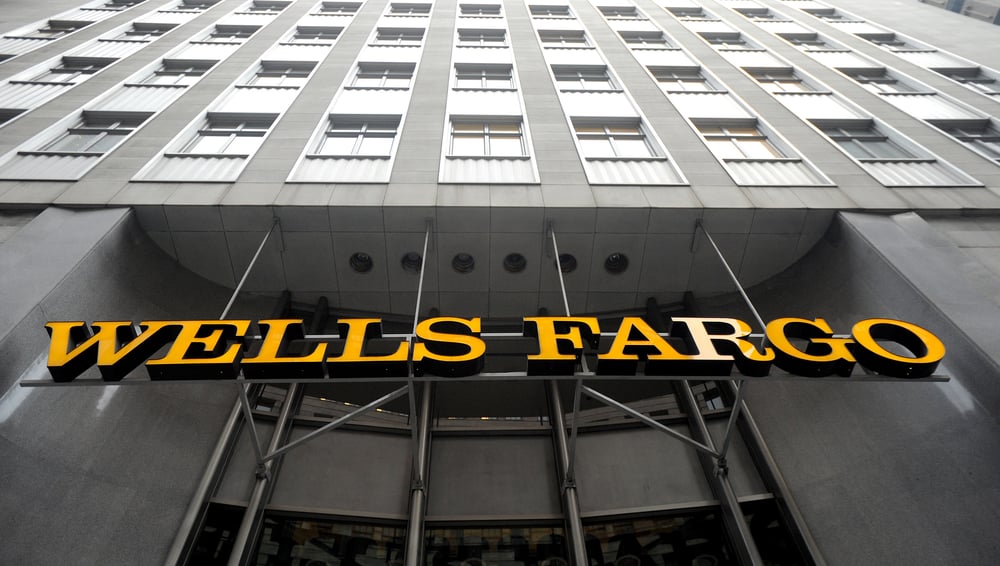Wells Fargo & Co.'s head of brokerage operations said banks may reduce the number of investment products offered to customers if regulators impose a
fiduciary standard on brokers.
The U.S. Securities and Exchange Commission's proposal for a common fiduciary standard for brokers and registered advisers may increase the need for due diligence from banks and advisers, Senior Executive Vice President David Carroll said today at a Miami investor conference.
The SEC's plan would make all brokers and registered investment advisers who provide personalized investment advice adhere to a common standard when dealing with clients. Broker- dealers currently must ensure only that an investment product and accompanying advice is suitable for their clients' needs. A fiduciary duty would mean putting clients' best interests first, which might require passing up choices with bigger commissions.
“It's going to cause the investment menu to narrow,” Carroll said. “We won't have 6,000 mutual funds in our network probably two years from now like we do today.”
Wells Fargo, with $1.2 trillion in client assets and based in San Francisco, is the third-largest among U.S. brokerages, behind Morgan Stanley Smith Barney and Bank of America Corp.'s Merrill Lynch.
The process of developing the standard is moving along the way Wells Fargo would like because it's being developed by regulators “and not by congressional staff,” he said.
“We have been driving our brokerage business toward a fiduciary model starting back in 2004,” Carroll said. “So we're pretty pleased with where this is headed.”
Rule Change
The SEC was asked by Congress to look at the effectiveness of existing rules as part of the Dodd-Frank financial services overhaul law enacted on July 21. The standard is needed because many retail investors don't understand and are confused by the roles played by investment advisers and broker-dealers, according to a staff report delivered to Congress last month.
The brokerage business will be forced to move away from models based on transactions in favor of more customized solutions that may involve third-party managers, Carroll said.
Wells Fargo is looking to expand the business segment, which contributed about 6 percent, or $197 million, in net income to the company's record $3.4 billion in profit for the fourth quarter, Carroll said. In December, Chief Executive Officer John Stumpf said the lender is “sub-optimized” in wealth management and would be open to an acquisition. Though there aren't many large-scale targets available, the lender has the “track record and talent” to do a large-scale takeover if it wanted to, Carroll said.
Carroll declined to discuss yesterday's surprise resignation of Chief Financial Officer Howard Atkins. The company attributed his departure to personal reasons.
Bloomberg







